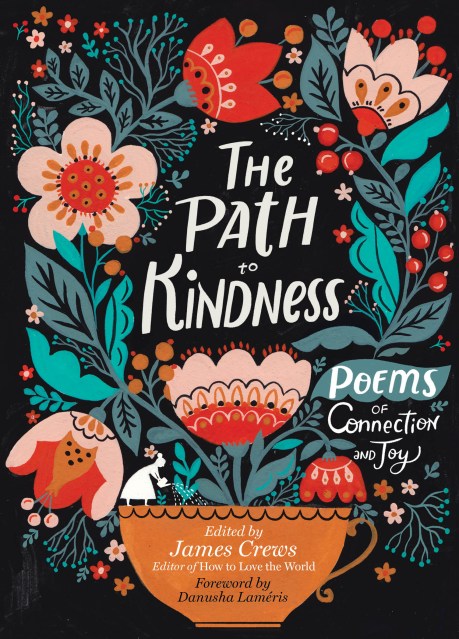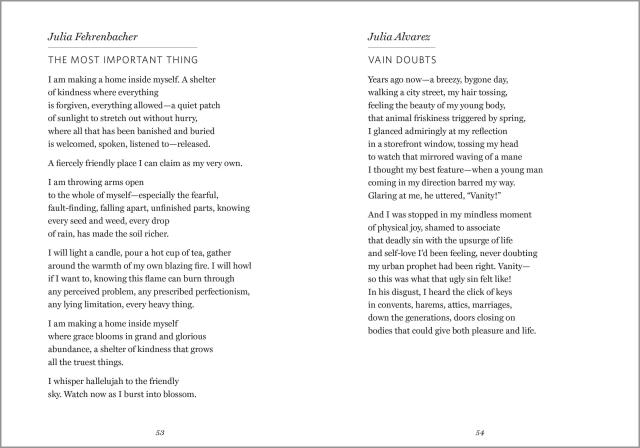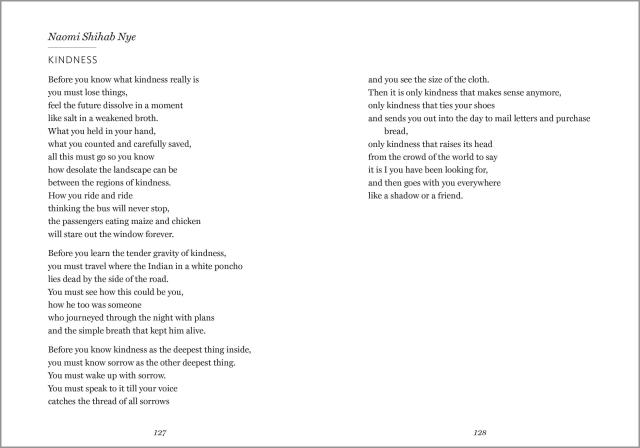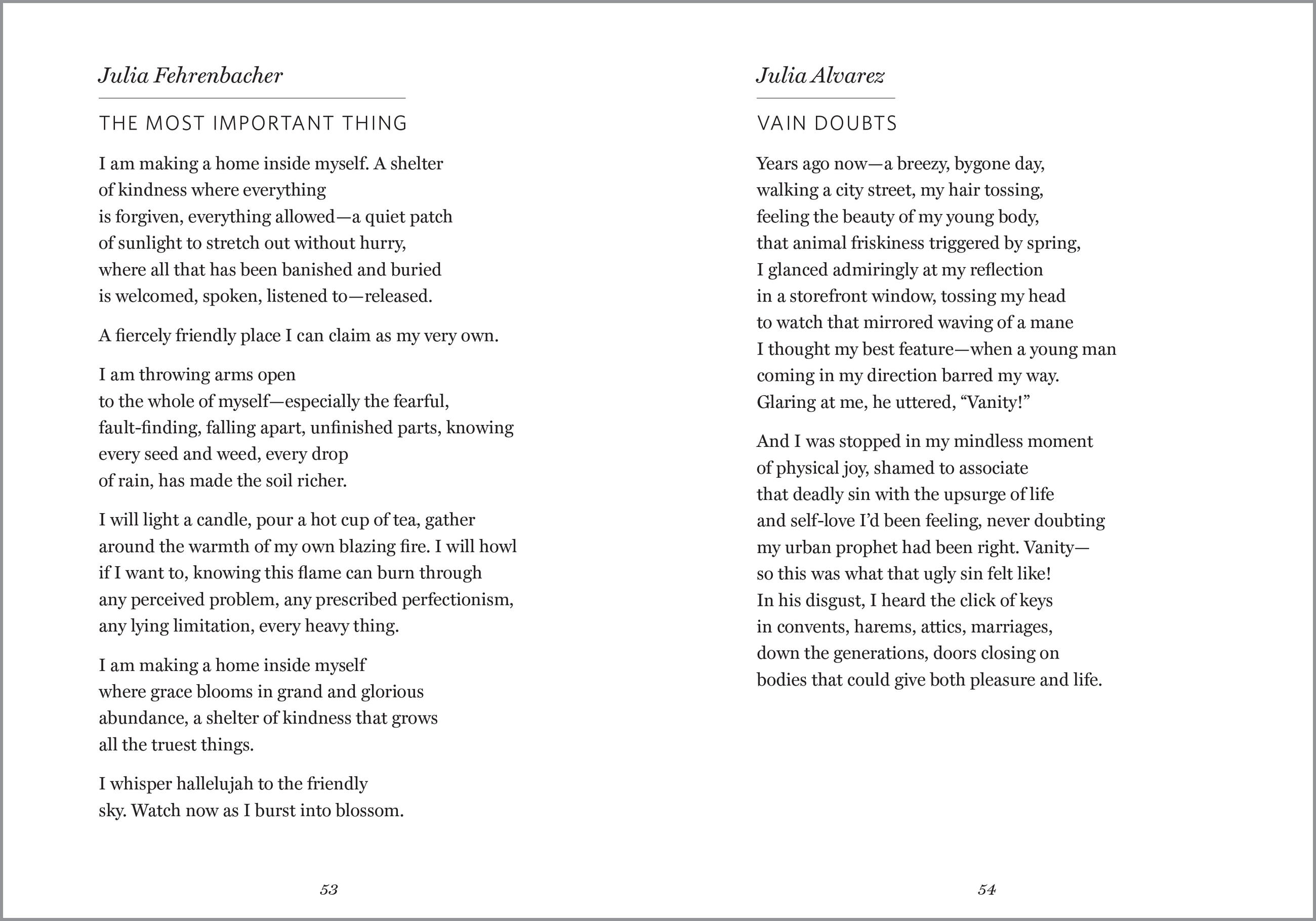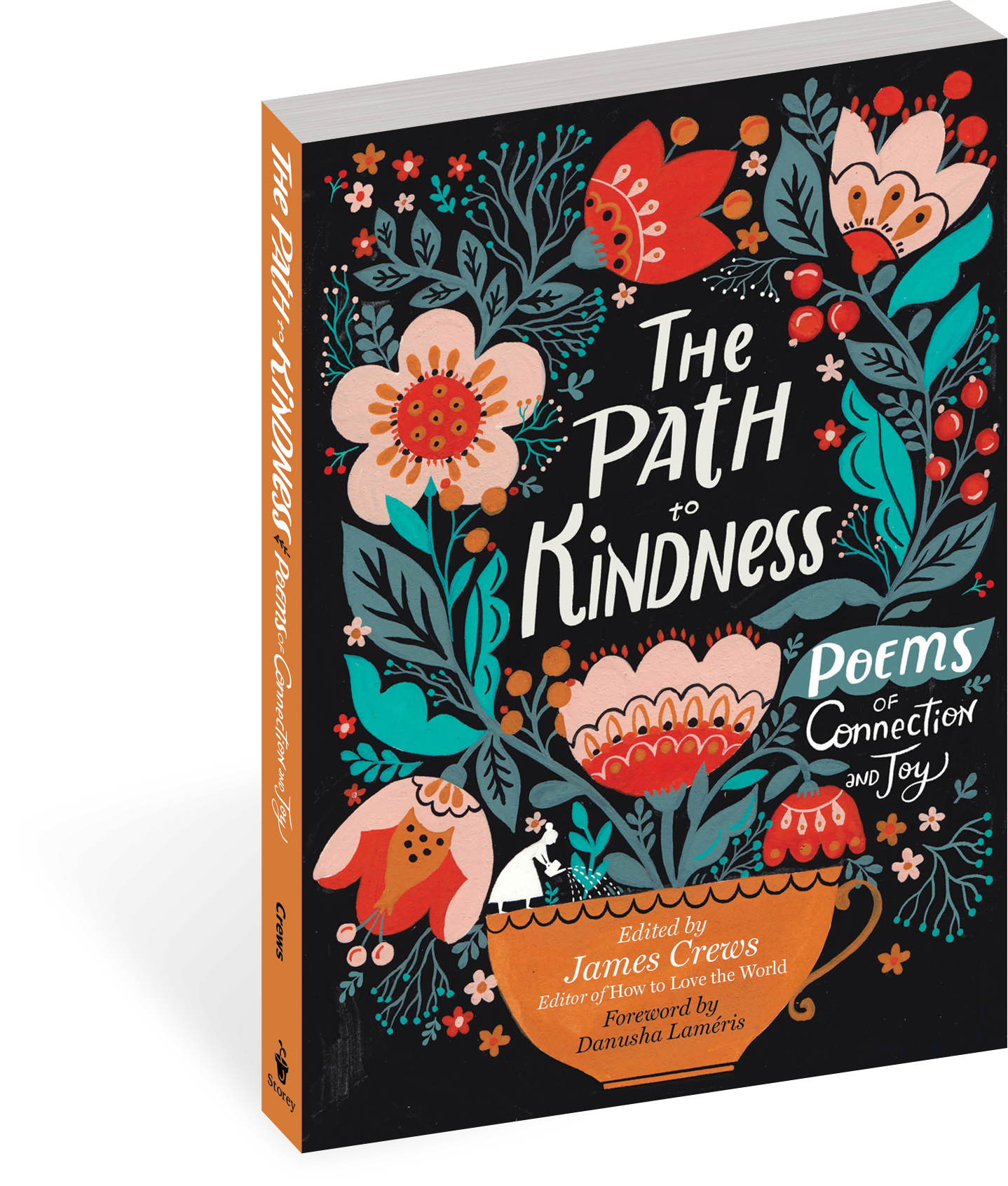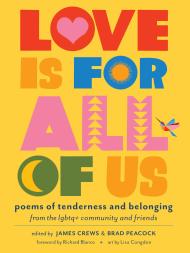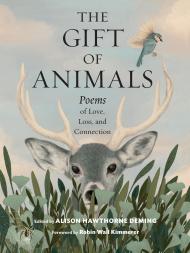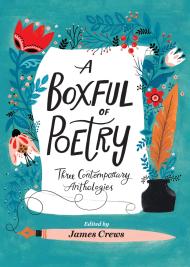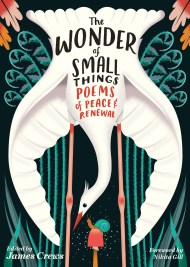By clicking “Accept,” you agree to the use of cookies and similar technologies on your device as set forth in our Cookie Policy and our Privacy Policy. Please note that certain cookies are essential for this website to function properly and do not require user consent to be deployed.
The Path to Kindness
Poems of Connection and Joy
Contributors
Edited by James Crews
Foreword by Danusha Laméris
Formats and Prices
- On Sale
- Apr 12, 2022
- Page Count
- 224 pages
- Publisher
- Storey
- ISBN-13
- 9781635865332
Price
$14.99Price
$19.99 CADFormat
Format:
- Trade Paperback $14.99 $19.99 CAD
- ebook $9.99 $12.99 CAD
This item is a preorder. Your payment method will be charged immediately, and the product is expected to ship on or around April 12, 2022. This date is subject to change due to shipping delays beyond our control.
Buy from Other Retailers:
The Path to Kindness includes poems from well-known writers Julia Alvarez, Marie Howe, Ellen Bass, Naomi Shihab Nye, Alberto Ríos, Ross Gay, and Ada Limón, as well as new and emerging voices. Featured Black poets include January Gill O’Neil, Tracy K. Smith, and Cornelius Eady. Native American poets include Kimberly Blaeser, Joy Harjo (current U.S. Poet Laureate), and Linda Hogan. The collection also features international voices, including Canadian poets Lorna Crozier and Susan Musgrave.
Presented in the same perfect-in-the-hand format as How to Love the World, the collection includes:
*Prompts for journaling and exploration of selected poems
*A book group guide
*Bios of all the contributing poets
*Stunning cover art by award-winning artist Dinara Mirtalipova
A foreword by Danusha Laméris, along with her popular poem “Small Kindnesses,” is also included.
-
“Our world desperately needs poems that help us come home to loving presence. You have in your hands an anthology with poems that directly nourish the spirit.” — Tara Brach, author of Radical Acceptance
“This collection of poetry is soul food worthy of savoring. Each poem is a feast unto itself, delivering nourishment for the heart's greatest tenacity and generosity - so needed in our individual and collective lives. It is a banquet of blessings to which I will return often. Thank you.” — Kristi Nelson, Executive Director of A Network for Grateful Living and author of Wake Up Grateful
"The Path to Kindness: Poems of Connection and Joy is the book we all need right now to help guide us during this crazy time in living our lives with more kindness, compassion and joy." — Georgia Heard, author of A Field Guide to the Heart: Poems of Love, Comfort, and Hope
"The Path to Kindness is an anthology I’ve been seeking since I learned to read. To enter its pages is to enter a refuge, a sanctuary where the religion is tenderness and every voice encountered wears its heart on its sleeve. James Crews has curated these poems with exquisite care: the delicate threads linking each to the next weave the whole into a multivoiced spell that leaves the reader both broken open and deeply healed at once.
This is a return of poetry to it’s sacred place as a song of prayer to the best in us, a song of grief for the lost in us, a song to awaken the possible in us. And ultimately, The Path to Kindness is a song that carries us beyond ourselves into the ways we touch each other’s lives, nameable only in poems such as these." — Kim Rosen, author of Saved by a Poem: The Transformative Power of Words
"Is kindness a quaint, ineffectual virtue? For poet and editor James Crews, the answer is a resounding no. As he demonstrates throughout “The Path to Kindness: Poems of Connection and Joy,” a follow-up collection to his bestselling anthology “How to Love the World,” kindness can be life-altering. It may also help people find a way forward during the most difficult days." — Christian Science Monitor
Newsletter Signup
By clicking ‘Sign Up,’ I acknowledge that I have read and agree to Hachette Book Group’s Privacy Policy and Terms of Use
